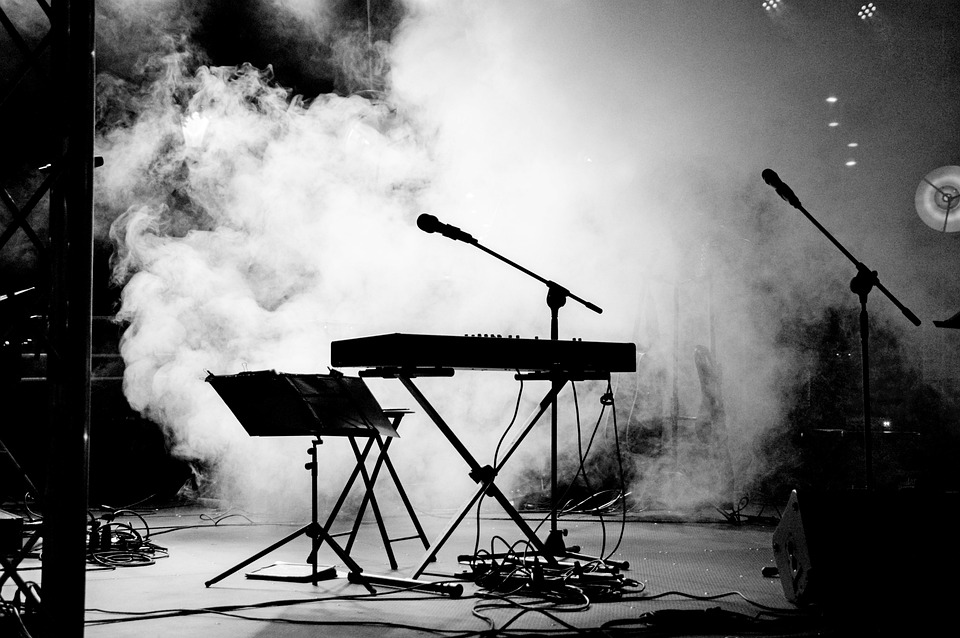
The Influence of Technology on Modern Music Production
The Influence of Technology on Modern Music Production
Introduction
In recent years, technology has revolutionized the way music is created, produced, and consumed. The advancement of technology in music production has led to a significant shift in the way musicians, producers, and engineers approach creating music. From recording to mixing to mastering, technology has changed the game in the music industry. In this article, we will explore the various ways in which technology has influenced modern music production and reshaped the music industry as we know it.
Digital Audio Workstations
One of the most significant advancements in modern music production is the development of Digital Audio Workstations (DAWs). DAWs are software programs that allow musicians and producers to record, edit, and mix music on their computers. These programs have made it possible for artists to create professional-quality recordings in the comfort of their own homes without the need for expensive studio time.
Popular DAWs such as Pro Tools, Logic Pro, and Ableton Live offer a wide range of features including virtual instruments, effects, and powerful editing tools that allow musicians to experiment and craft their sound with ease. Additionally, DAWs have made collaboration between artists easier than ever, with files being shared and edited online in real-time.
Virtual Instruments and Sample Libraries
Another major influence of technology on modern music production is the development of virtual instruments and sample libraries. These tools allow producers and musicians to access a vast array of sounds and instruments without the need for physical hardware. Virtual instruments can replicate the sound of traditional instruments such as drums, guitars, pianos, and synths with incredible realism.
Sample libraries offer a collection of pre-recorded sounds that can be used in music production. These samples can range from drum loops and vocal phrases to instrument samples and sound effects. The availability of high-quality virtual instruments and sample libraries has democratized music production, allowing artists to create complex and professional-sounding tracks with minimal resources.
Automation and Plugins
Automation and plugins are essential tools in modern music production that have been made possible by technology. Automation allows producers and engineers to control various parameters in a mix, such as volume, panning, and effects, over time. This can help create dynamic and evolving soundscapes that would be difficult to achieve manually.
Plugins are software applications that can be integrated into a DAW to add additional functionality and effects. There are plugins for EQ, compression, reverb, delay, and more that allow producers to craft their sound with precision. The availability of plugins has expanded the creative possibilities in music production, allowing artists to experiment with new sounds and textures.
Remote Collaboration and Online Platforms
Technology has also played a significant role in enabling remote collaboration between musicians and producers. Online platforms such as Soundtrap, Splice, and Dropbox have made it easier for artists to share files, collaborate on projects, and work together regardless of their physical location. This has opened up new possibilities for collaboration and creativity in music production.
Furthermore, streaming services such as Spotify, Apple Music, and Tidal have changed the way music is consumed and distributed. Artists can now release their music independently and reach a global audience without the need for a traditional record label. This has empowered artists to take control of their careers and connect directly with their fans.
Live Performance and Technology
Technology has also had a significant impact on live music performance. From lighting and visuals to sound reinforcement and stage design, technology has transformed the live music experience for both artists and audiences. Advances in LED screens, projection mapping, and lighting design have made live shows more visually spectacular than ever before.
In addition, artists now have access to a wide range of tools and technologies to enhance their live performances, such as backing tracks, virtual instruments, and live looping. This allows artists to create complex and dynamic performances that were previously only possible in the studio. Technology has blurred the lines between studio and live performance, creating new opportunities for artists to connect with their audiences.
Conclusion
In conclusion, technology has had a profound influence on modern music production and the music industry as a whole. From Digital Audio Workstations to virtual instruments and sample libraries, automation and plugins, remote collaboration, and live performance, technology has reshaped the way music is created, produced, and consumed. The democratization of music production has empowered artists to create music on their terms and connect with their audience in new and innovative ways. As technology continues to evolve, we can expect even more exciting developments in the world of music production.
